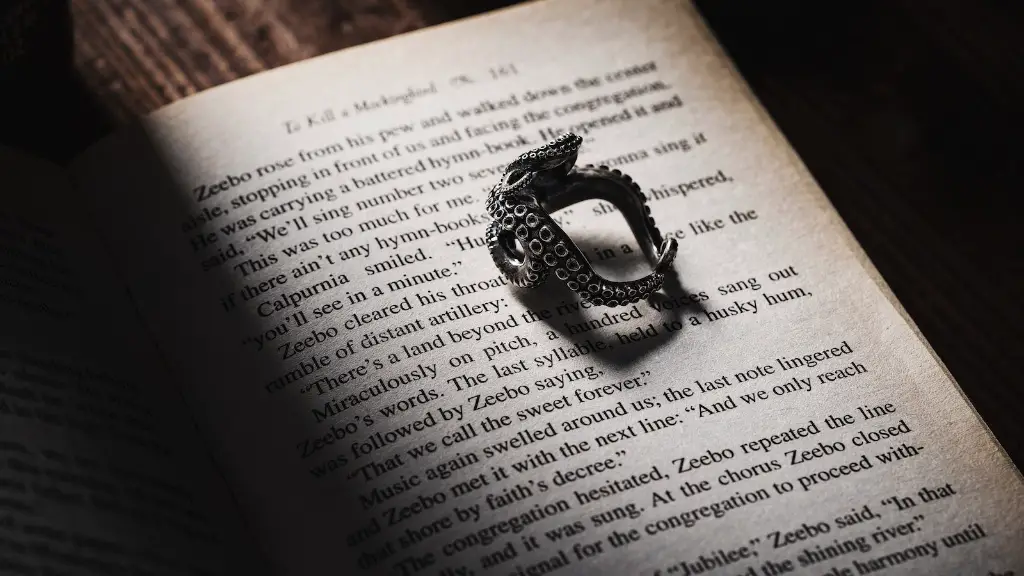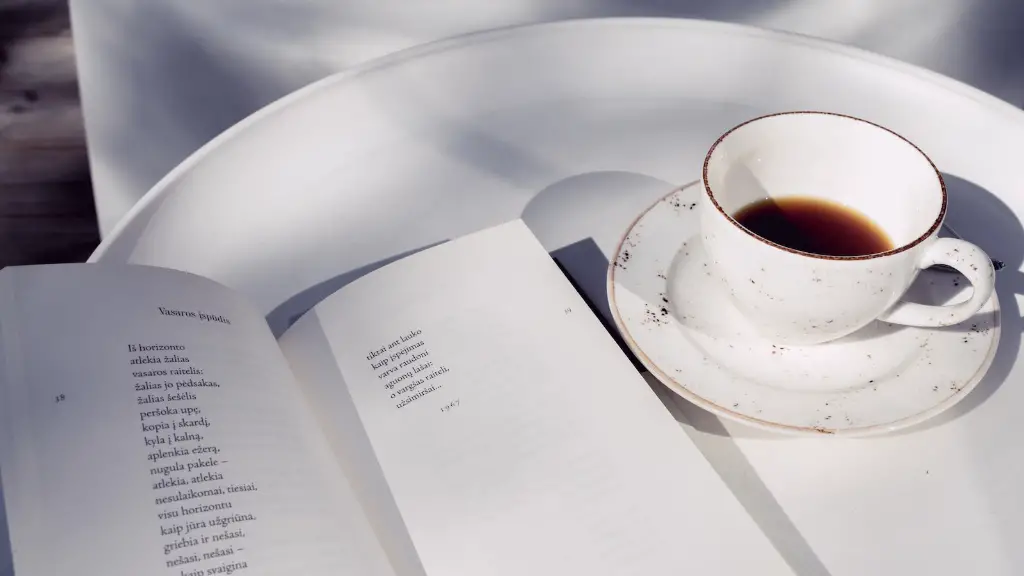What is the difference between prose poetry and drama? Both forms of literature offer vivid storytelling, powerful characters, and a compelling narrative, but the distinction lies in the manner and style of each. Prose poetry is typically characterized by its concision, poetic metaphors and vivid imagery, while drama is more expansive; including elements from prose such as dialogue, stage directions and character development.
In terms of structure, prose poetry relies mainly on the poem’s form to convey its meaning. While drama is also composed of carefully crafted words, the narrative arc can be told through meaningful exchanges between characters, action, and the overall setting. In its simplest form, prose poetry reads like a short story, while drama leans more toward having a beginning, middle, and end with a clear plot resolution.
Unlike with drama, prose poetry does not require the reader to be familiar with any particular narrative structure or conventions. This gives the reader more freedom to interpret the words as they see fit. The form allows the poet to play with language, explore ideas and give life to abstract emotions. It is also much shorter than a drama piece, often no more than a few hundred words.
By contrast, in drama the characters, plot, setting and dialogue all come together to tell a single story. Unlike with prose poetry, there is often a clear arc for the plot, and the audience is invited to experience the story as a whole. Characters and plot development are elaborate and carefully crafted, and the dialogue is often indicative of the characters’ personal outlooks or the changing tide of events.
Although prose poetry and drama have some overlap, they still have distinct differences. Prose poetry is best described as a window into a poet’s inner world, where they can express their thoughts and feelings uninhibited. On the other hand, drama is guided by a predetermined plot that involves multiple characters and settings.
Topics
As both forms of literature, prose poetry and drama share an emphasis on storytelling and vivid characters. While there are similarities, they differ in the manner in which they are composed and, most notably, the structure.
The Relationship Between Prose Poetry and Drama
The relationship between prose poetry and drama is complex yet intricate, lending to both forms of literature a unique way to bring stories to life. In terms of structure, prose poetry often relies on the poem’s form to communicate its message, while drama focuses on narrative arcs woven through dialogue, characters, action and settings.
Stylistic Contrasts
Drama and prose poetry are two of the most popular forms of literature and encompass a broad opinion of each other’s stylistic differences. Drama often has complex plots, characters, dialogue and settings, and is told through a grand arc that culminates in a plot resolution. By contrast, prose poetry relies mainly on its form to convey messages, often expressed through vivid metaphors or imagery.
Interpreting Prose Poetry and Drama
As two literary forms, prose poetry and drama are highly interpretive in nature. Prose poetry allows the reader to fill in the blanks between the poetic words, thereby granting it a certain degree of intimacy. Dramatic writing, however, requires the audience to be familiar with storytelling conventions, so that they can understand the narrative arc and follow the interplay of character and plot.
Interactivity of Prose Poetry and Drama
The interplay between prose poetry and drama is an important and often neglected aspect of both forms. While drama relies on character and plot development, prose poetry often allows the reader to decide the poem’s arc, thereby creating a dialogue between poet and audience. On the other hand, drama can provide intimate looks into the lives and circumstances of its characters.


